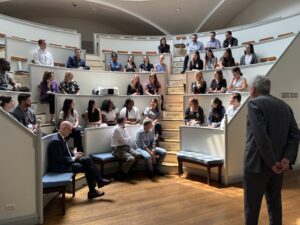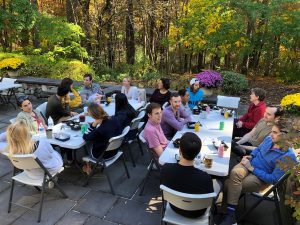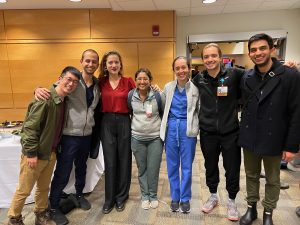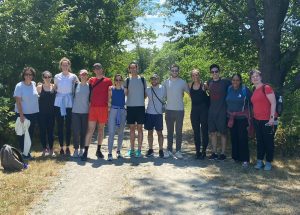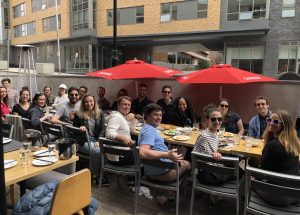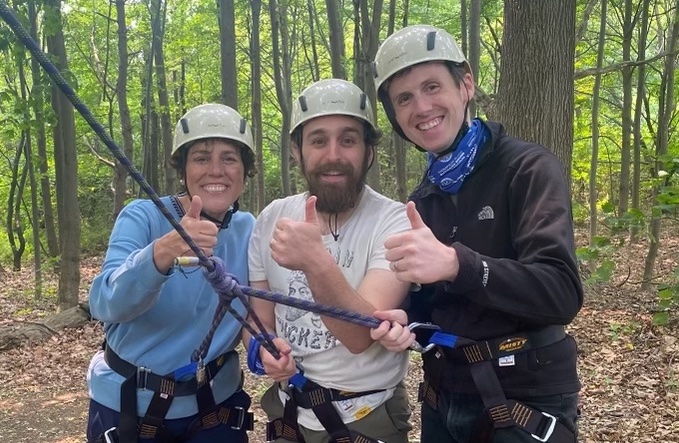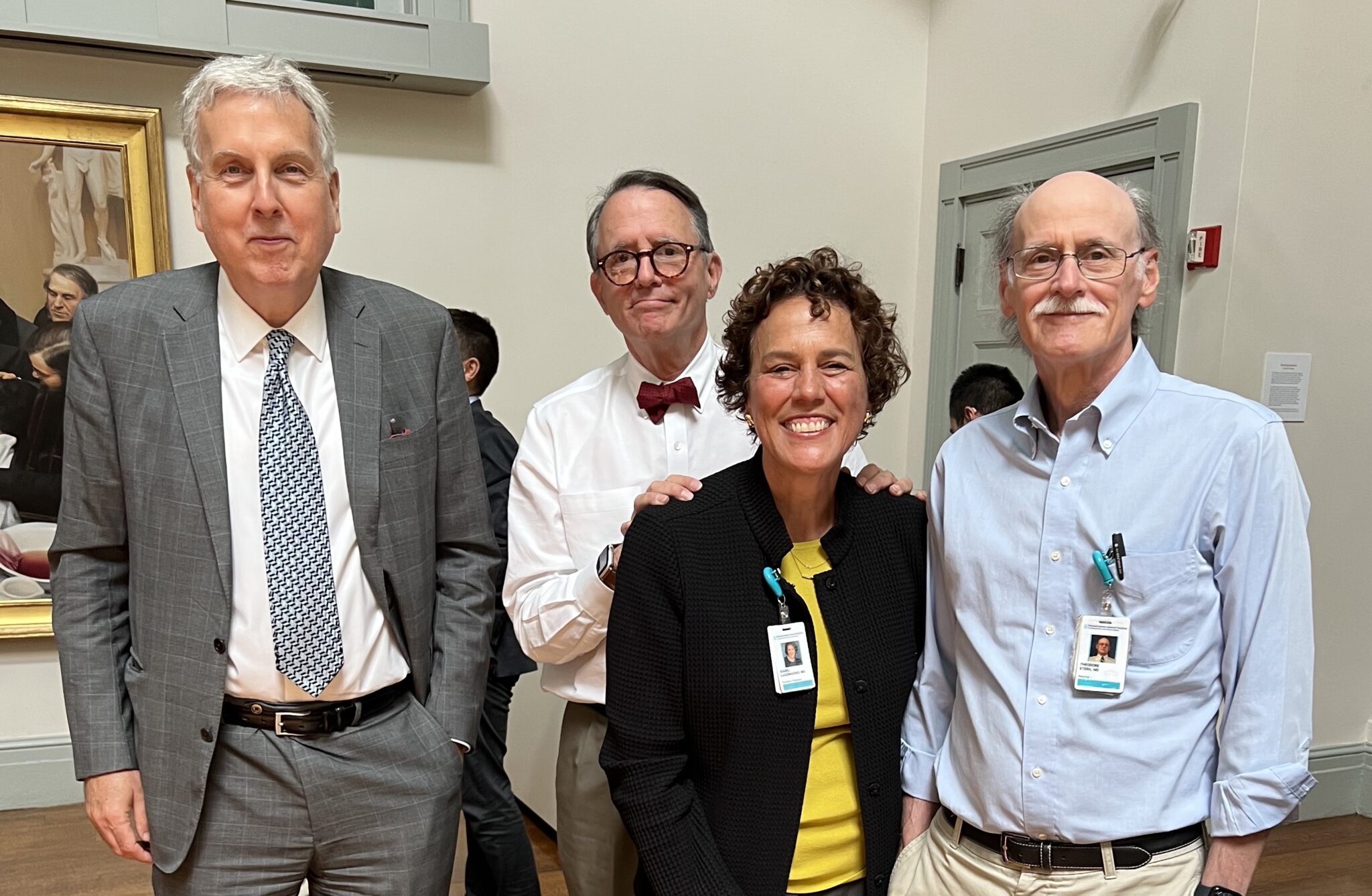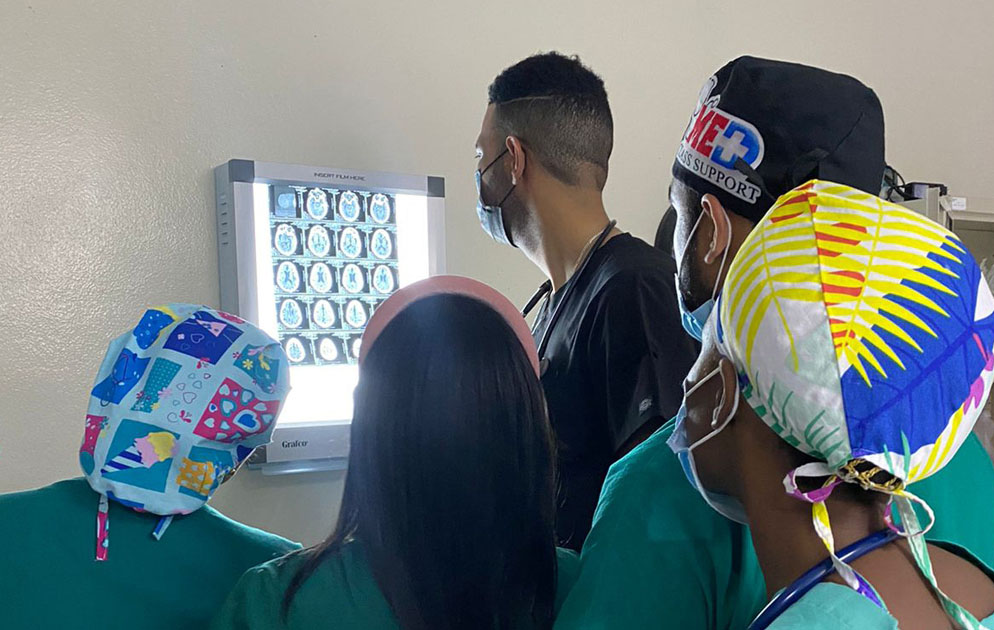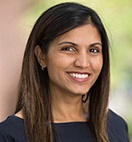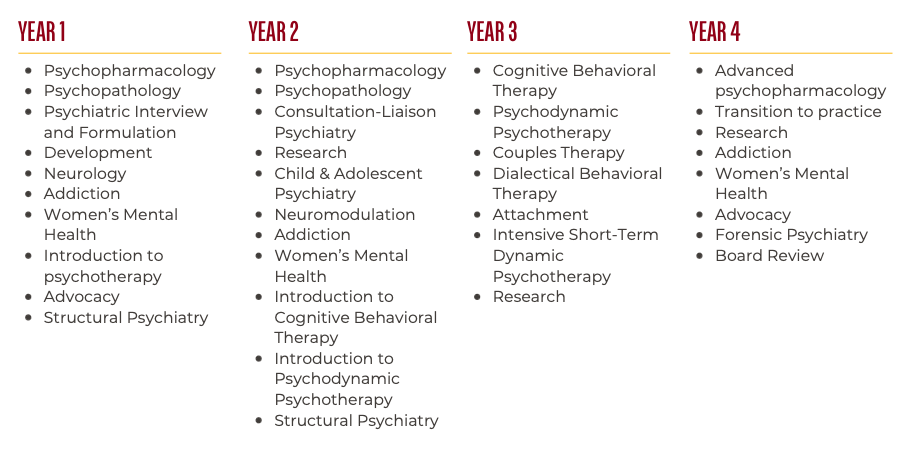Program Overview
Child & Adolescent Mental Health at McLean
Residents spend 4 weeks at the McLean Belmont Adolescent PHP working with adolescents between the ages of 12 to 19 with a variety of psychiatric illnesses, in both in-person and virtual settings. Residents work alongside members of a multidisciplinary team where they acquire the skills to provide diagnostic and psychopharmacological evaluations of adolescents, as well as individual psychotherapy and family therapy.
Residents will learn how to co-lead psychotherapy groups (both skills-based and process-oriented). On this rotation, residents learn about childhood development, how to identify primary mental illness in childhood and adolescence, and how to deploy evidence-based treatments to adolescents across multiple different diagnostic categories
There are several ways to pursue training in child and adolescent psychiatry. MGH/McLean offers a unique five- or six-year Combined Adult-Child/Adolescent Program (Peds/Adult/Child Psychiatry, NRMP: 1261400C0). This program includes a pediatric internship at MGH with 6 months of pediatrics, one month of adult neurology and four months of psychiatry. Following completion of the internship, residents can choose to complete either two or three years in the adult psychiatry program before transitioning to the child/adolescent psychiatry program. Residents pursuing this track do not have to decide at the outset whether they wish to complete the program in five or six years, but can instead decide during the PGY-3 year. Alternatively, residents may match into the adult program and complete the four-year residency as usual prior to pursuing a child/adolescent fellowship. Finally, residents also have the option of matching into the adult program but transitioning to a child/adolescent fellowship after three years of training, often referred to as “fast-tracking.”
For additional information, click here:

